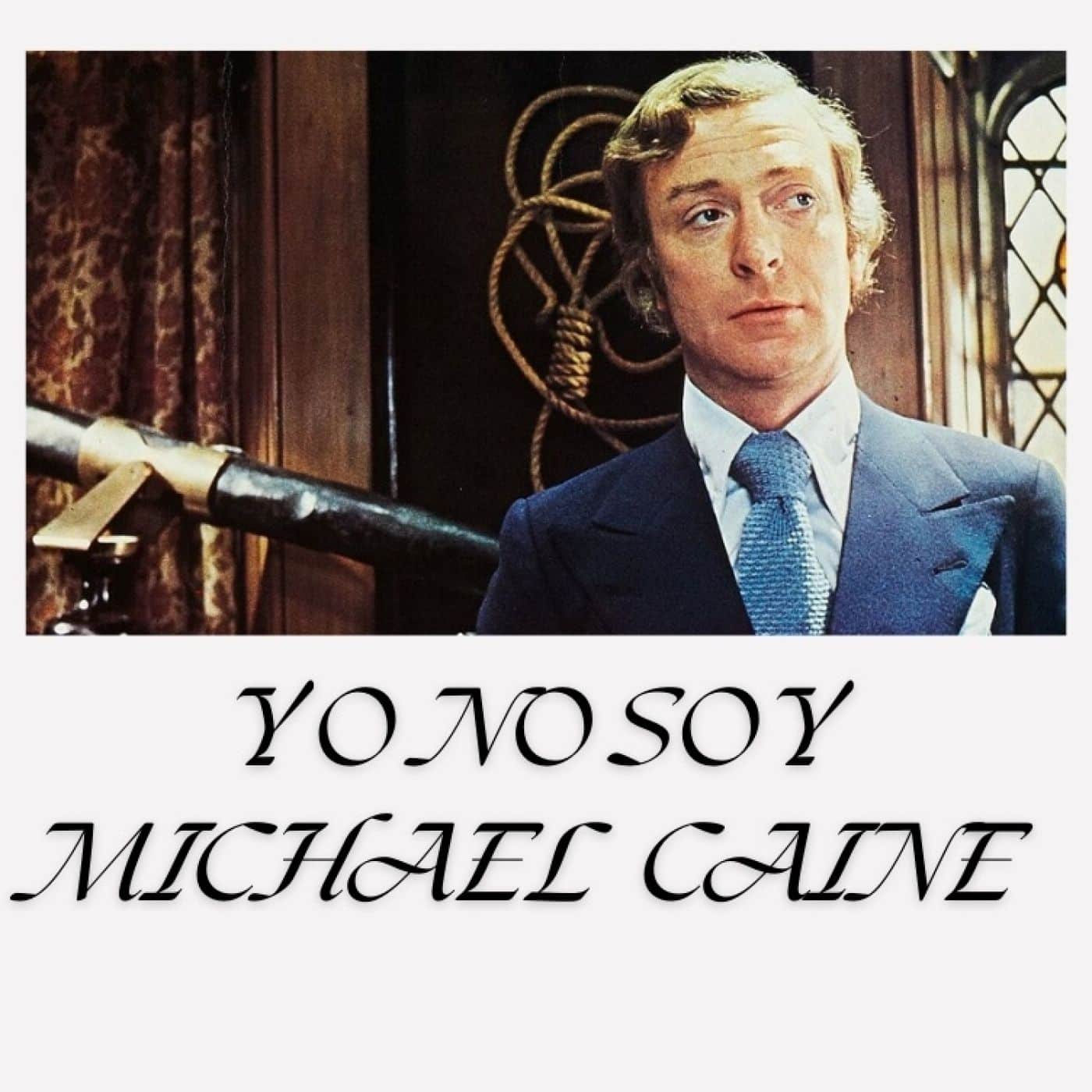Sure! Here’s the translation into American English:
—
Impossible self-surgeries, immediate resuscitations, and miraculous healing of gunshot wounds are just a few of the inaccuracies that populate cinema—representations that, while entertaining, can seriously influence young people’s perceptions of science and health. In this context, Ricardo Mariscal, head of institutional relations at the #HealthAgainstHoarding Institute and host of the podcast “I’m Not Michael Caine,” is developing a book aimed at debunking these “cinematic myths” that often perpetuate falsehoods and misconceptions.
Mariscal points out that these erroneous representations are based on simplifications and exaggerations that contradict scientific evidence. According to him, these inaccuracies are not only persistent over time but also widely reproduced in film productions, creating myths that are hard to eradicate.
The book also addresses the industry’s tendency to trivialize risky behaviors, such as drug use or violence, as well as inappropriate medical practices. This is especially concerning, as children and adolescents, who have not yet fully developed their critical thinking skills, may absorb these ideas unconsciously.
Psychologist Carlos Sanz Andrea emphasizes that many misconceptions, such as the notion that we only use 10% of our brains, spread without young people having the ability to question them. He also mentions an alarming phenomenon: certain individuals struggle to distinguish between right and wrong, reflected in their admiration for controversial characters from popular films.
Among the myths the book will examine is the incorrect portrayal of cardiopulmonary resuscitation (CPR). Scenes from films like “The Abyss” or “Casino Royale” present this technique as a quick and effective solution, when in reality, it requires time and continuity to be truly effective.
Portrayals of characters who recover rapidly after being shot are another notable error in film, evident in franchises like “John Wick” and “Rambo.” Additionally, the use of alcohol as an antiseptic in Westerns and war films is a practice that, in reality, can worsen injuries.
Mariscal plans to supplement his book with testimonies from experts and material collected during the production of his podcast. This program, which combines humor with a deep analysis of Michael Caine’s filmography, has featured film critics, writers, and podcasters, aiming to demystify misconceptions in the world of cinema.
Referrer: MiMub in Spanish











